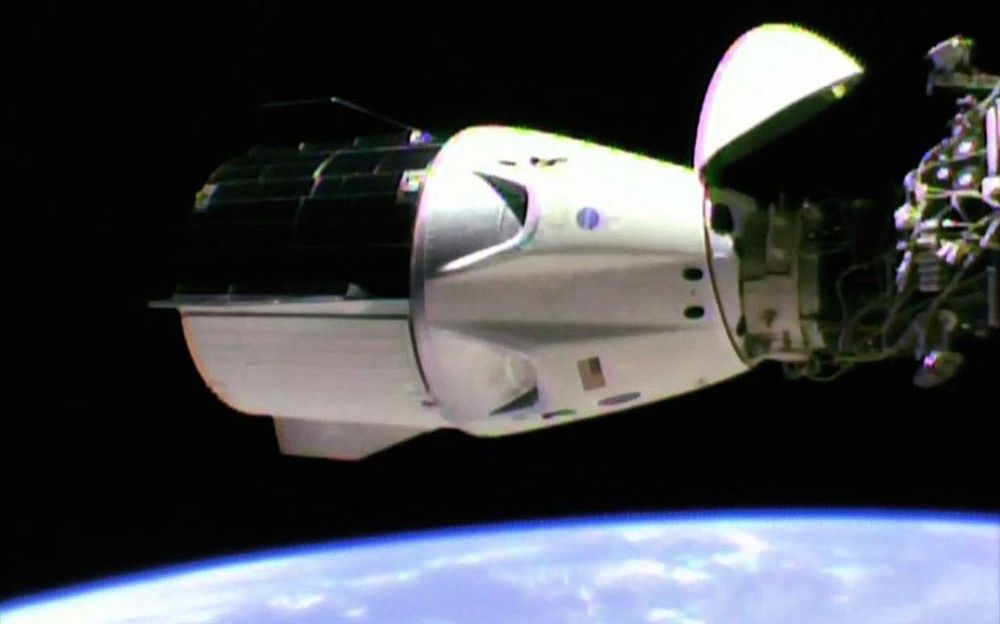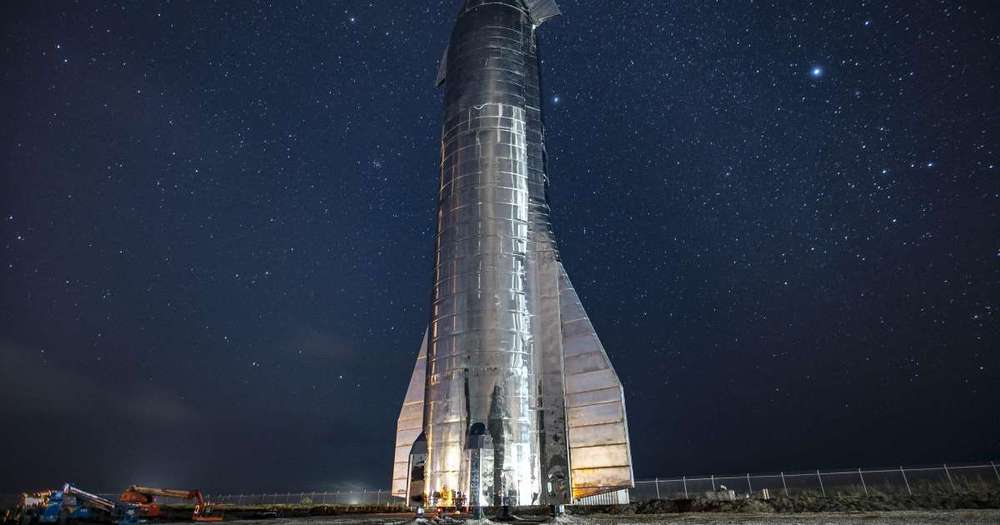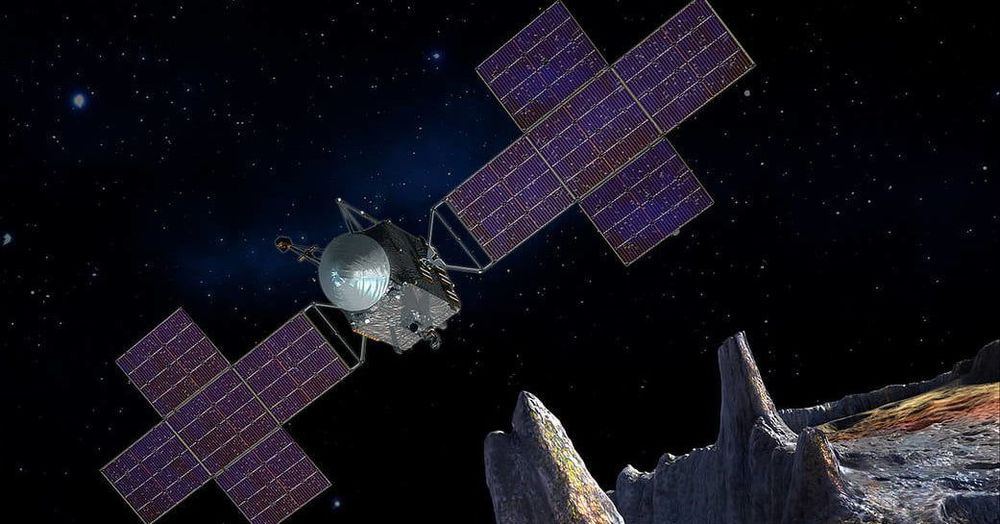Elon Musk and the late Stephen Hawking are not alone in their calls for humanity to become a multi-planetary species. But they certainly are the most visible advocates for space colonization. And while the moon might be the most obvious jumping off point to the solar system and beyond, nothing stands out as a potential site for long term settlement more than Mars.
But just how realistic is sending astronauts to the Red Planet anytime soon–let alone colonizing it permanently? The obstacles are many, and aerospace engineering may well be the least of them. The human biological, psychological tolss and survival strategies–radiation, low gravity, isolation and the marshalling air, water, and food resources–all stand in the way. And then there is the economic cost and the political and public will. In this edition of Seeking Delphi,™ I talk to former NASA Mars mission navigator, Moriba Jah, about the many challenges of leaving of our home planet.






